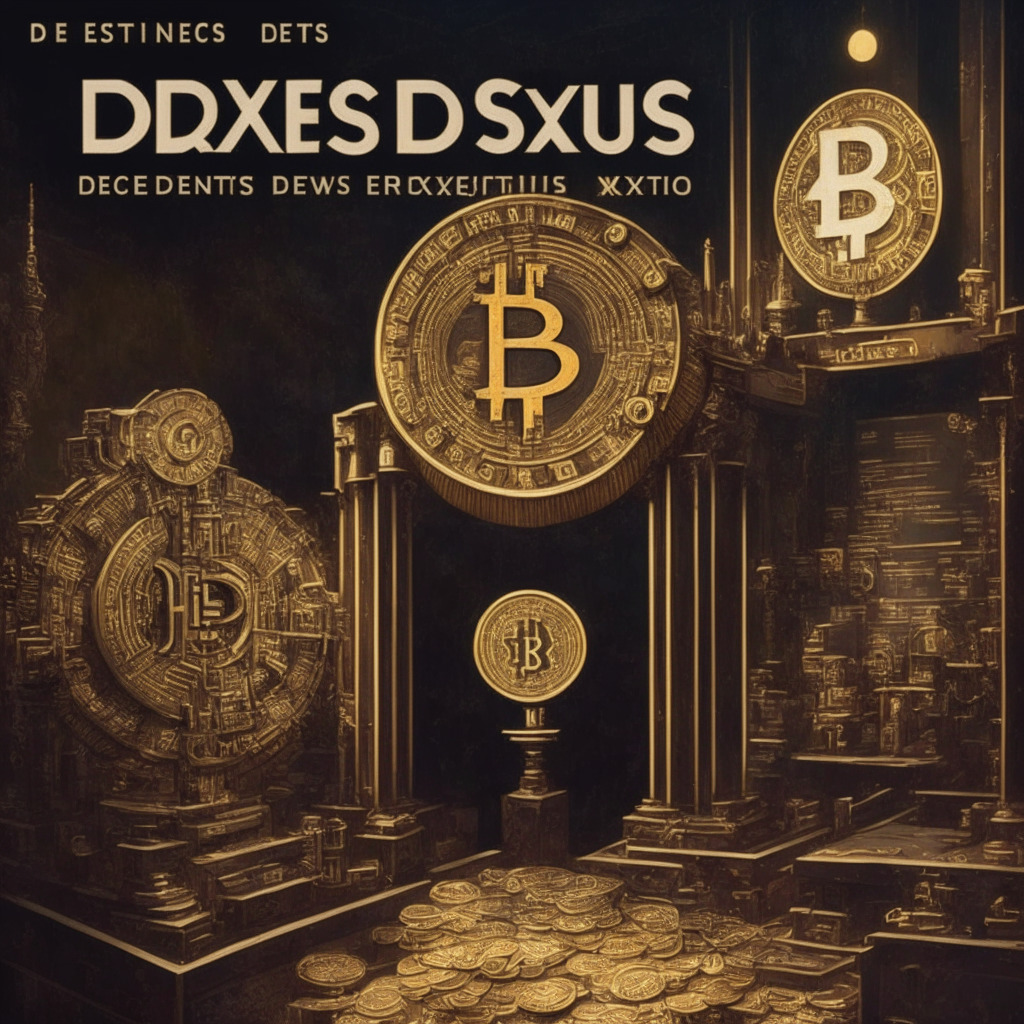“The United States Internal Revenue Service (IRS) is proposing new tax policies for the sale/exchange of digital assets by brokers, attracting criticism from crypto figures. Meanwhile, Gemini, a cryptocurrency exchange, faces a SEC lawsuit on potential regulatory violations. These developments reflect the ongoing struggle to balance regulation with innovation in the emerging field of cryptocurrency.”
Search Results for: Miller Whitehouse-Levine
Unraveling the IRS Draft on Digital Asset Reporting: A Regulatory Leap or Misguided Move?
The US IRS has issued draft guidelines on reporting rules for digital asset brokers. Aimed at regulating the digital asset industry, this regulation intends to streamline tax reporting and prevent fraud, proposing to raise $28 billion in fresh tax over a decade. Critics label it as “misguided” and “an attack on the digital asset ecosystem.”
Navigating the Storm: Treasury’s Proposed Crypto Tax Rules Stir Controversy and Promise
The U.S. Treasury Department’s proposed digital assets tax rules have sparked controversy within the crypto community. The debate revolves around the feasibility of regulating decentralized operations and potential implications for wallet vendors, decentralized exchanges, and smart contract systems. Nonetheless, a clear taxation path might facilitate easier engagement with digital assets.
SEC’s DeFi Oversight Expansion: Threat to Blockchain Innovation or Necessary Regulation?
The SEC’s proposal to include DeFi platforms within the definition of exchanges has faced criticism from industry experts, who argue that it would force “de facto expatriation” of DeFi companies from the U.S. The DeFi Education Fund suggests the SEC is telling firms to “centralize, shut down, or get out.” Critics urge the commission to explore alternative regulatory strategies for the evolving DeFi landscape.



